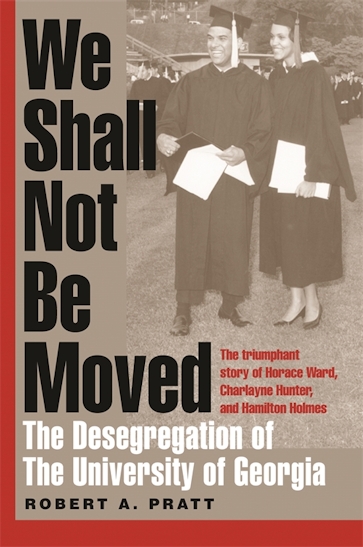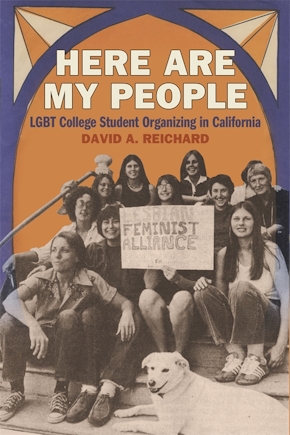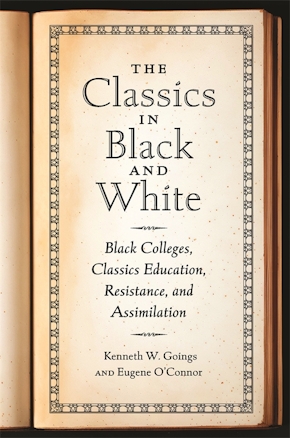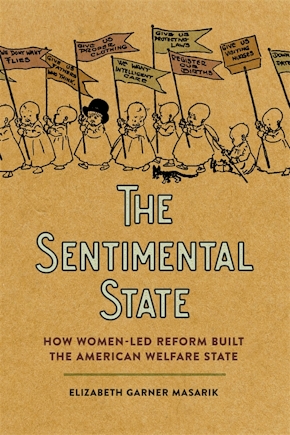We Shall Not Be Moved
The Desegregation of the University of Georgia
Title Details
Pages: 232
Illustrations: 10 b&w photos
Trim size: 6.000in x 9.000in
Formats
Paperback
Pub Date: 09/01/2005
ISBN: 9-780-8203-2780-8
List Price: $29.95
Related Subjects
Other Links of Interest
• Learn more about Horace Ward at the New Georgia Encyclopedia
We Shall Not Be Moved
The Desegregation of the University of Georgia
Skip to
- Description
- Reviews
- Awards
In September 1950, Horace Ward, an African American student from La Grange, Georgia, applied to law school at the University of Georgia. Despite his impressive academic record, Ward received a reply—in reality, a bribe—from one of the university's top officials offering him financial assistance if he would attend an out-of-state law school. Ward, outraged at the unfairness of the proposition and determined to end this unequal treatment, sued the state of Georgia with the help of the NAACP, becoming the first black student to challenge segregation at the University of Georgia.
Beginning with Ward's unsuccessful application to the university and equally unsuccessful suit, Robert A. Pratt offers a rigorously researched account of the tumultuous events surrounding the desegregation of Georgia's flagship institution. Relying on archival materials and oral histories, Pratt debunks the myths encircling the landmark 1961 decision to accept black students into the university: namely the notion that the University of Georgia desegregated with very little violent opposition. Pratt shows that when Ward, by then a lawyer, helped litigate for the acceptance of Hamilton Earl Holmes and Charlayne Alberta Hunter, University of Georgia students, rather than outsiders, carefully planned riots to encourage the expulsion of Holmes and Hunter. Pratt also demonstrates how local political leaders throughout the state sympathized with—even aided and abetted—the student protestors.
Pratt's provocative story of one civil rights struggle does not stop with the initial legal decision that ended segregation at the university. He also examines the legacy of Horace Ward and other civil rights pioneers involved in the university's desegregation—including Donald Hollowell and Constance Baker Motley—who continued for a lifetime to break color barriers in the South and beyond. We Shall Not Be Moved is a testament to Horace Ward, Hamilton Holmes, Charlayne Hunter-Gault, and others who bravely challenged years of legalized segregation.
In an era when most of the country appears to have given up on school desegregation as an important marker of racial equality, Robert Pratt provides a vivid account of how we have forgotten the heroes of the 1950s and 1960s who put their lives on the line to end racial segregation in higher education. He tells the dramatic story of how black lawyers, Donald Hollowell, Horace Ward, and Vernon Jordan, took on the racist political establishment to see that Charlayne Hunter and Hamilton Holmes gained access to the University of Georgia. It is a history worth reading before we have retreated too far.
—Steven Lawson, author of Running for Freedom: Civil Rights and Black Politics in America Since 1941
Long overshadowed by the events at Ole Miss and Alabama, the desegregation of the University of Georgia in 1961 stands on its own as a major landmark in the civil rights struggle. Robert Pratt places the ordeal of students Hamilton Holmes and Charlayne Hunter in a broad historical context, in which 'respected' politicians and educators fought bitterly to preserve white supremacy at the close of the Jim Crow era. This is a gem of a book, at once wise, balanced, and compelling.
—John Dittmer, author of Local People: The Struggle for Civil Rights in Mississippi
By a wide margin, this is the best study we have of the dismantling of white supremacy in a state system of higher education. But this book will also be valued for its intimate portraits of individuals on both sides of the struggle in Georgia, helping us to think in a more nuanced way even about those positions with which we disagree. A real achievement.
—Charles Payne, author of I've Got the Light of Freedom: The Organizing Tradition and the Mississippi Freedom Struggle
It is a gripping story, beautifully told. Pratt should be congratulated for exploring all angles of the story with such sensitivity and insight. . . . [A] fine book that makes important contribution not just to the history of Georgia but to the wider history of race, education, and voting.
—Georgia Historical Quarterly
[A] well-crafted examination of one university's painful sojourn through an era when civil-rights activists vowed 'not to be moved' from their quest for equal treatment under the law.
—Register of the Kentucky Historical Society
Robert A. Pratt's study of desegregation at the University of Georgia clarifies the school's genetic blueprint, calling attention to the distance southern colleges have traveled in their quest to enter the national mainstream. Building upon published accounts and making skillful use of autobiography and oral interviews, Pratt connects the personal stories of Charlayne Hunter and Hamilton Earl Holmes . . . with the saga of Horace Ward.
—Journal of Southern History
Anyone interested in the multifaceted history of the civil-rights era, especially as it unfolded at a prominent southern institution of higher education, will find this a fascinating book.
—History of Education Quarterly
The book will appeal to people who want to know more about legal cases in the Civil Rights era, and will appeal to academics curious as to how their colleagues in the South responded to integration.
—H-Net
Winner
Inaugural "Fulfilling the Dream" Award, University of Georgia



